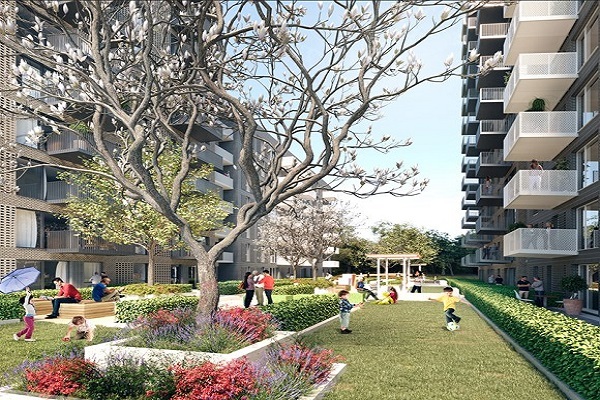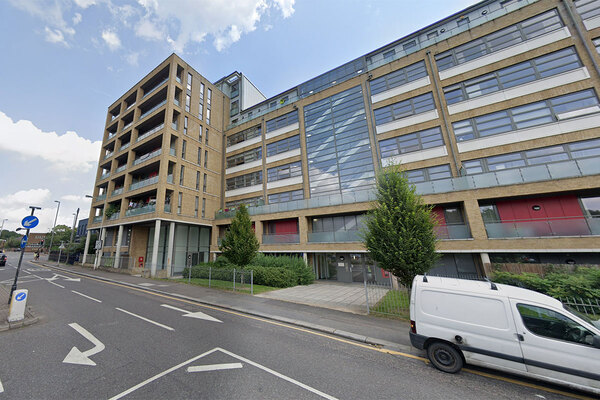You are viewing 1 of your 1 free articles
‘Staggering’ government does not know cost of service charges on benefits bill
A tenant group has described it as “staggering” that the government does not know how much it is paying to social landlords in service charges as part of the benefits bill.
The Social Housing Action Campaign (SHAC) made the remark after the Department for Work and Pensions (DWP) confirmed it does not distinguish between core rent and service charges in relation to housing benefit claims made by social landlords.
Inside Housing raised the issue with the DWP after it spoke to a number of SHAC members who were concerned about how their rising service charges might affect their benefit entitlements.
The DWP explained that, as part of the verification process, housing associations provide the value of the core rent and eligible service charges to Universal Credit.
However, the DWP does not directly collect service charge information from landlords in relation to housing benefit claims, because local authorities are responsible for their administration.
Inside Housing understands that support for housing costs is determined by the eligible rent – which is the value of the core rent and eligible service charges – minus any deductions.
For Universal Credit, this feeds into the maximum award, which is then subject to any deductions such as income and capital.
For those in receipt of housing benefit, 65% of any excess income above the applicable amount reduces the award. The claimant will then be subject to the benefit cap and the DWP will notify the local authority of this and the value of the cap.
Inside Housing reported on numerous occasions last year that residents had decided to go on service charge strike because of issues such as incorrect charging, maintenance and transparency problems.
SHAC said in response that “it is staggering to discover that government does not know how much they are paying out to landlords in service charge through the benefits system”.
A spokesperson added: “If even this basic level of scrutiny is absent, it is little wonder that housing associations consider themselves free to treat this income stream as a cash cow.
“They also give no assurance on whether the legitimacy of the charges themselves is validated, but pass this back to local authorities. Council staff do not have either the staffing levels or the resources to devote to scrutinising individual service charge packs.
“We know from the many tribunal cases and research by SHAC that service charge demands are persistently inaccurate, and that overcharging is endemic in the service charge system.”
SHAC said the government has a duty to ensure that every penny of taxpayer’s money transferred to housing associations is legitimate.
The tenant group will seek a meeting with secretary of state Michael Gove about how to make service charging transparent and accurate.
Sign up for our care and support newsletter
Already have an account? Click here to manage your newsletters












